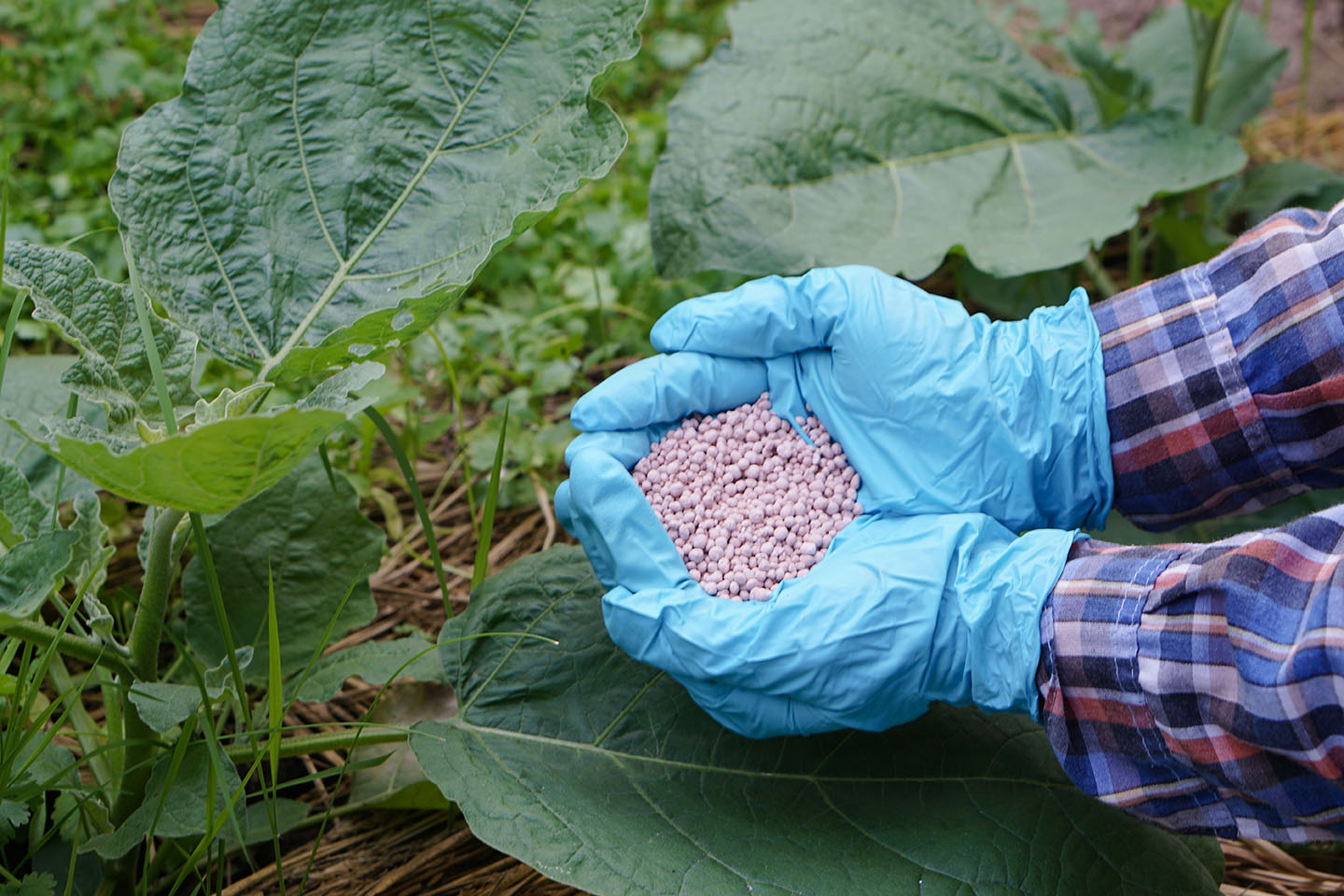
nitrate
Definition
Nitrate is an ion with the chemical formula NO3-. It is made up of one nitrogen atom and three oxygen atoms. Nitrates are found in nature in the minerals niter and saltpeter. They are also produced by bacteria that live in soil and water.
Nitrates are used in fertilizers to help plants grow. They are also used in explosives and rocket fuel. Nitrates can be harmful to humans and animals if they are consumed in large amounts.
Nitrates can react with other chemicals to form harmful compounds, such as nitric acid and nitrous oxide. Nitric acid is a corrosive acid that can cause burns. Nitrous oxide is a greenhouse gas that contributes to climate change.
Nitrates can also be converted into nitrites in the body. Nitrites can react with haemoglobin in the blood to form methemoglobin, which can lead to a condition called methemoglobinemia. Methemoglobinemia can cause cyanosis, a bluish tint to the skin.
It is important to be aware of the potential dangers of nitrates and to take steps to reduce exposure. This includes eating a healthy diet that is low in processed foods and avoiding contact with high concentrations of nitrates.
How can the word be used?
Nitrates are salts of nitric acid.

Different forms of the word
Noun: A salt or ester of nitric acid.
Adjective: Relating to nitrates.
Etymology
The word "nitrate" comes from the Latin word "nitrum", which means "saltpetre". It was first used in English in the 16th century.
The word "nitrum" is thought to be derived from the Greek word "nitron", which also means "saltpetre". Saltpetre is a naturally occurring compound of sodium nitrate and potassium nitrate.
Nitrates are salts of nitric acid. They are found in nature in minerals, such as Chile saltpetre, and in plants. Nitrates are also used in fertilizers, explosives, and rocket propellants.
Question
What do nitrates do?
AQA Science Exam Question and Answer
Question:
Explain the concept of nitrate ions and their significance in agriculture.
Answer:
Nitrate ions (NO3-) are chemical compounds composed of nitrogen and oxygen atoms. In agriculture, they play a crucial role as a primary source of nitrogen for plant growth. Nitrogen is an essential nutrient required by plants for various biological processes, including protein synthesis and overall growth. Nitrate ions are readily absorbed by plant roots and transported throughout the plant, aiding in the formation of healthy leaves, stems, and fruits.
Farmers often apply nitrate-based fertilisers to soils to supplement the available nitrogen content, promoting enhanced plant growth and increased crop yields. However, the excessive use of nitrates can have detrimental effects. Nitrate runoff from agricultural fields can contaminate water sources, leading to water pollution and potentially harmful health impacts if consumed by humans or animals.
Nitrate ions also play a role in the nitrogen cycle, a natural process in which nitrogen compounds are converted between different forms in the environment. Bacteria in the soil convert organic nitrogen into nitrate ions through a process called nitrification, making them available for plant uptake.